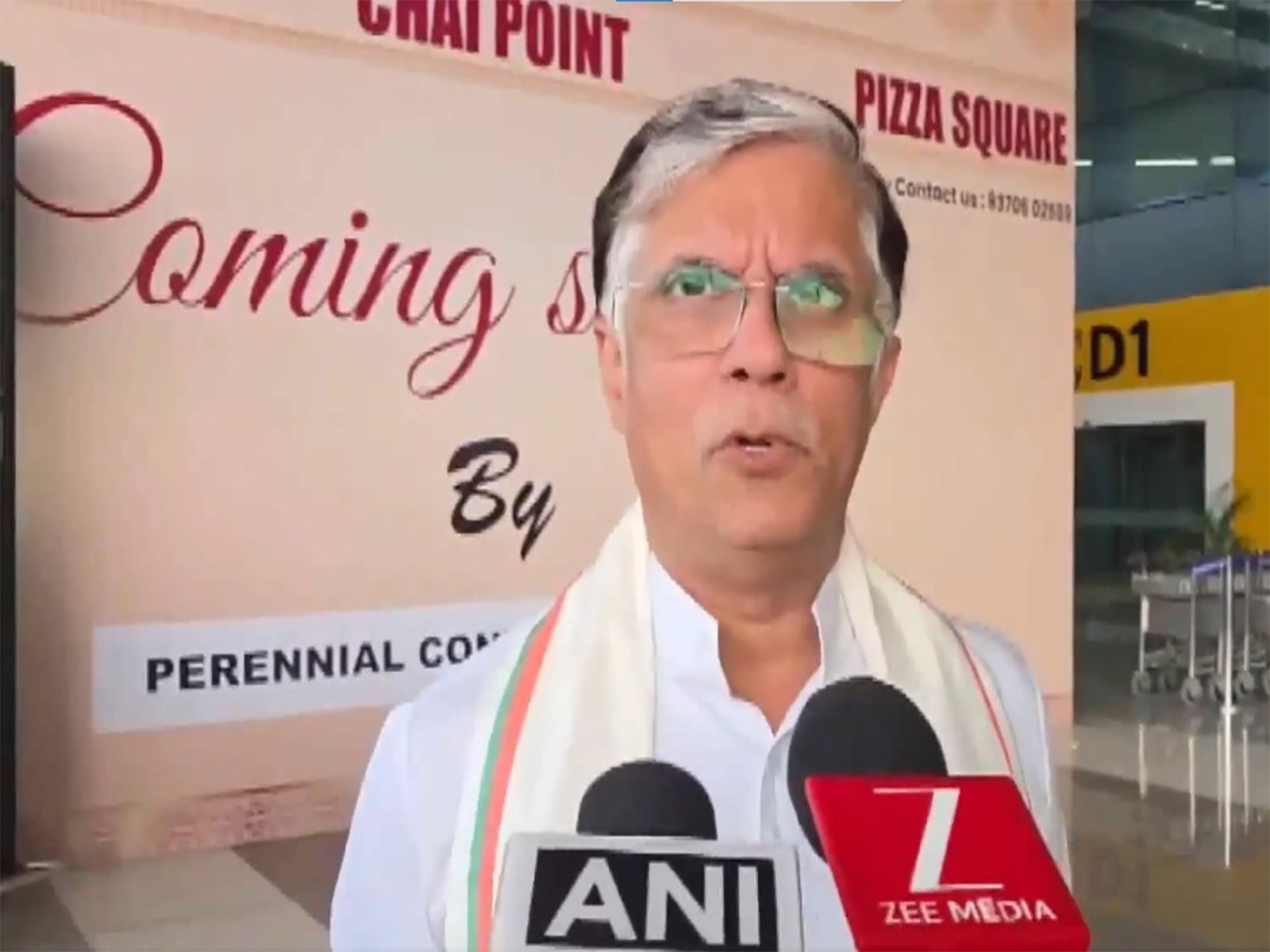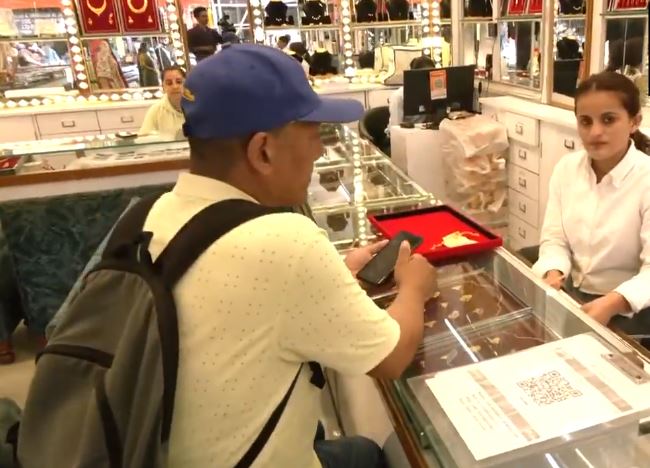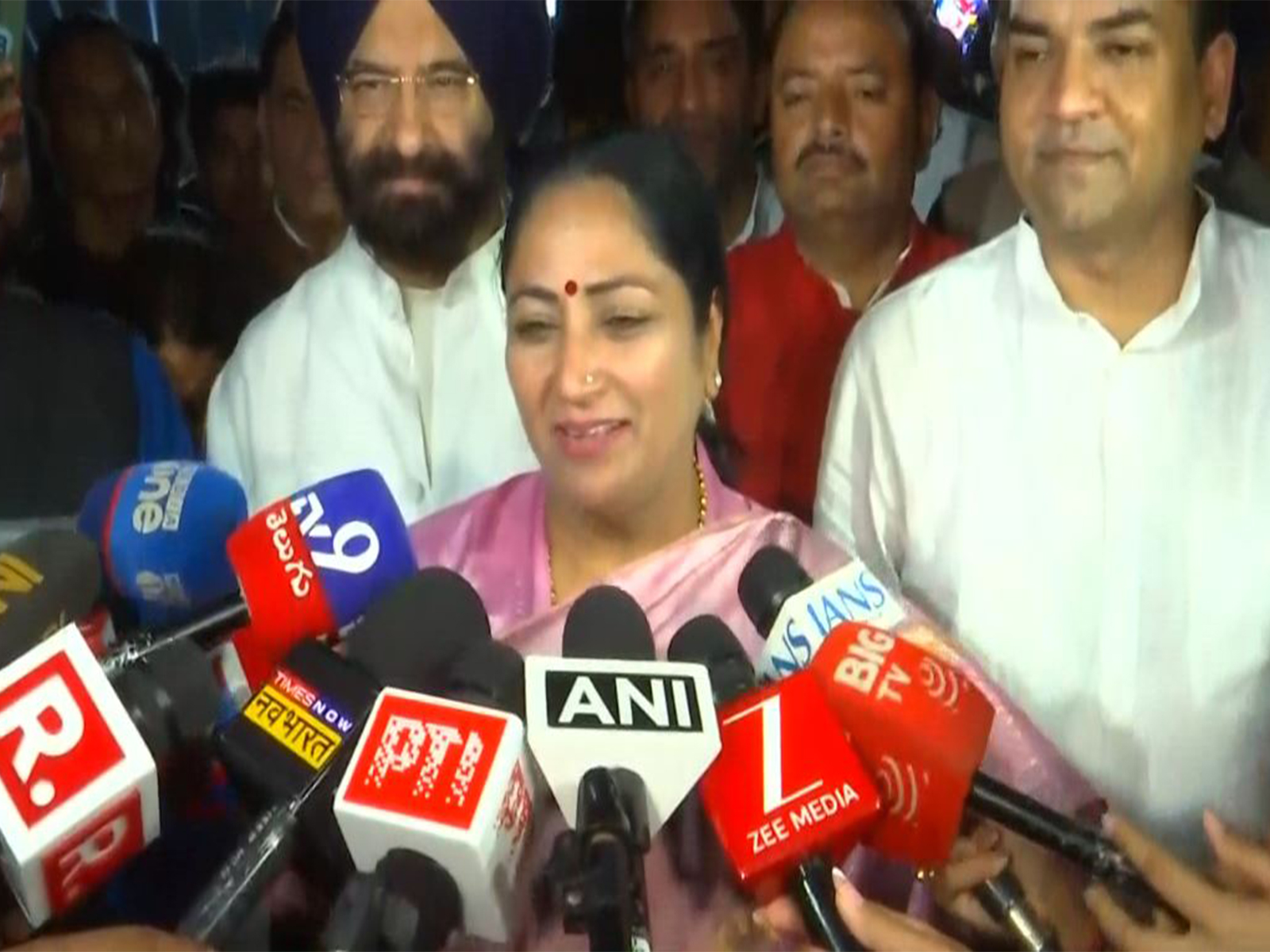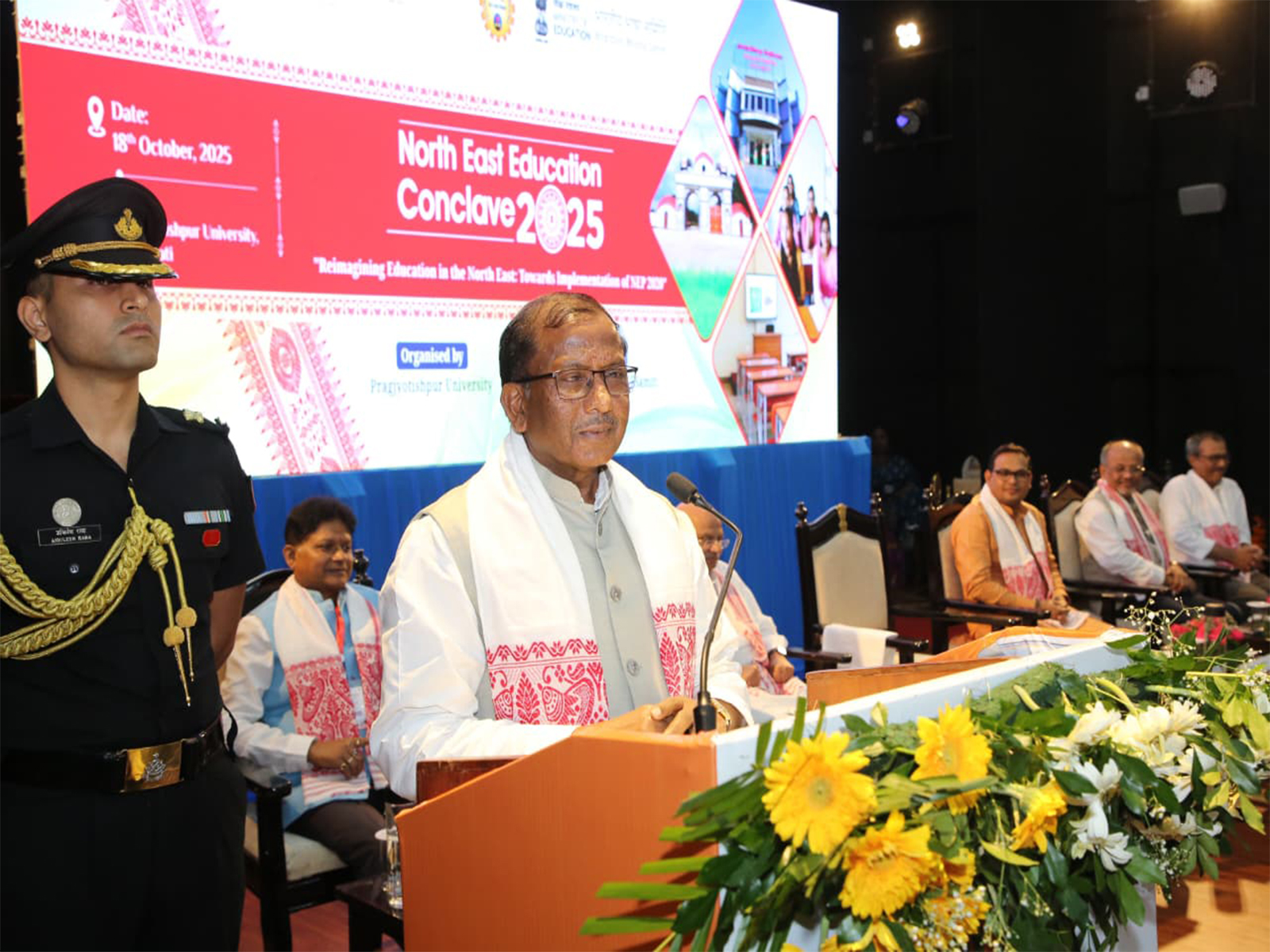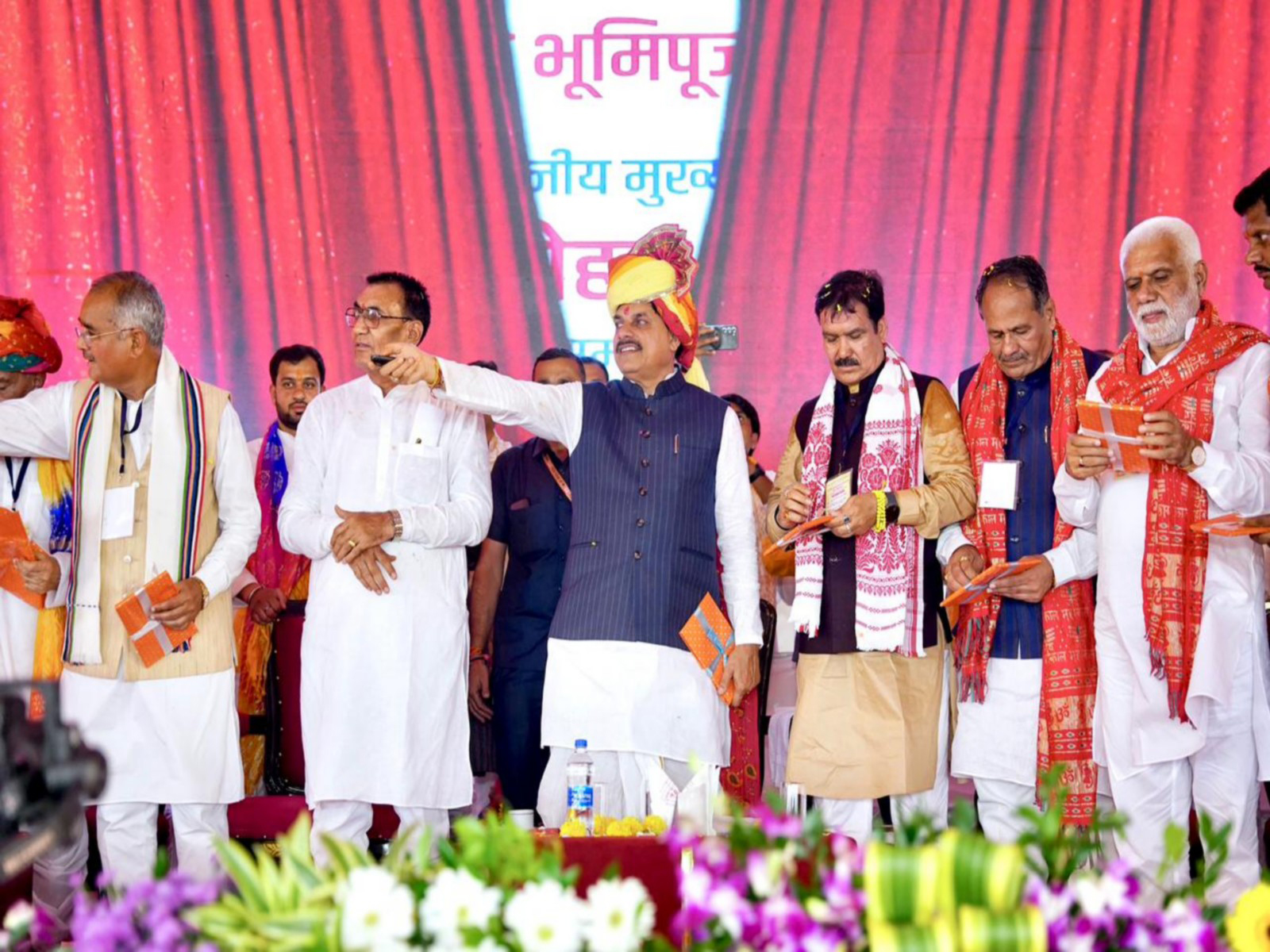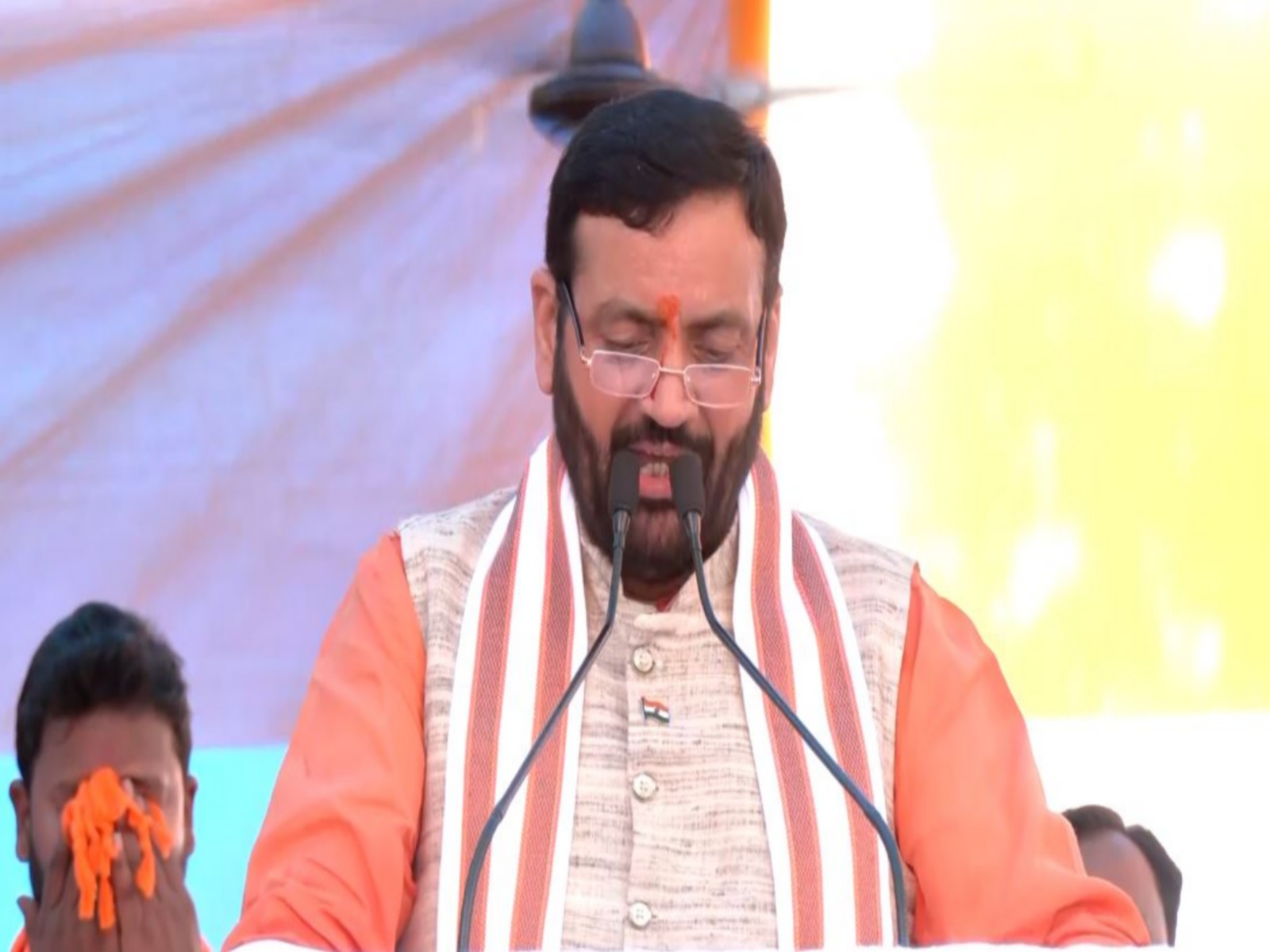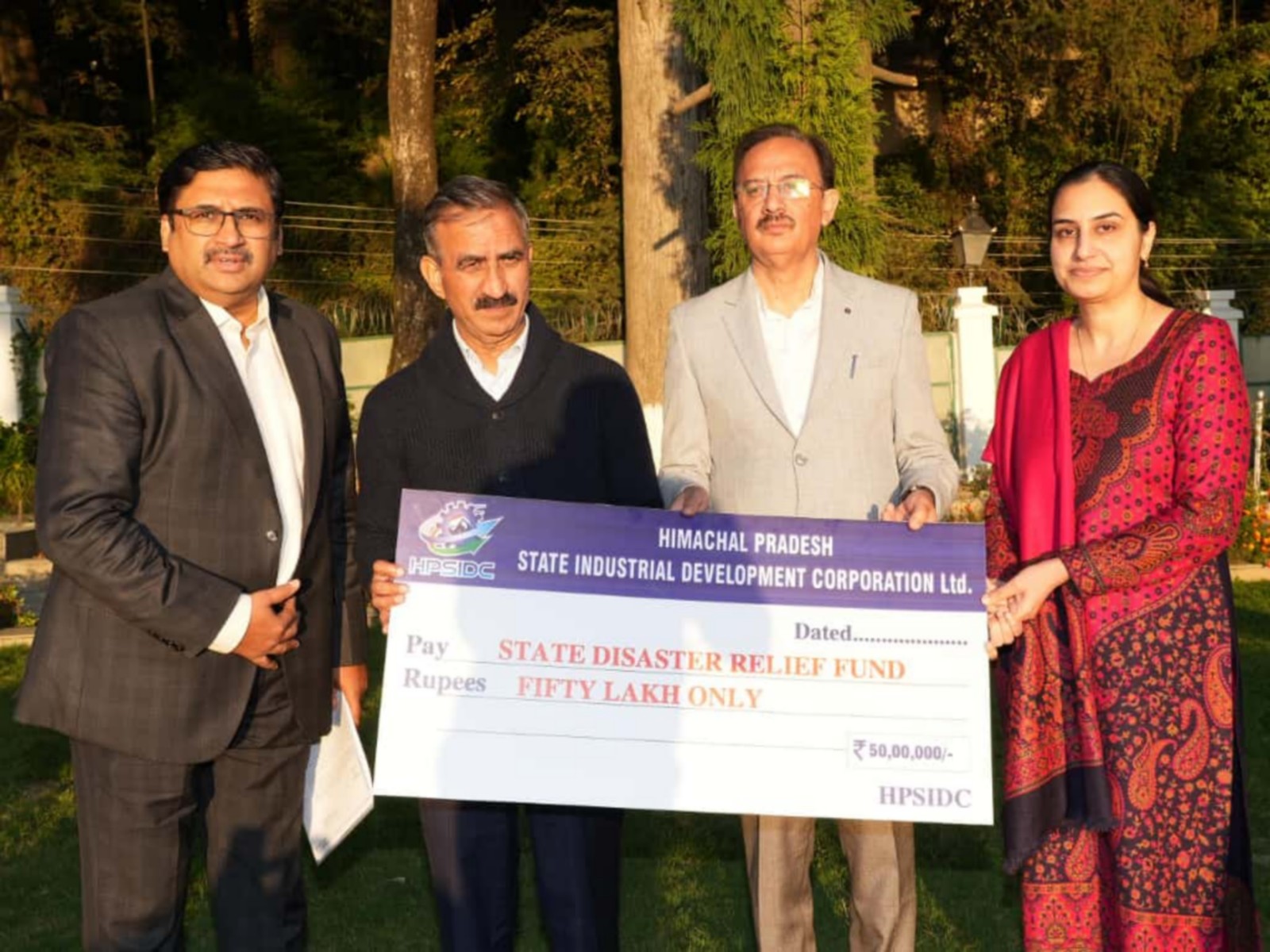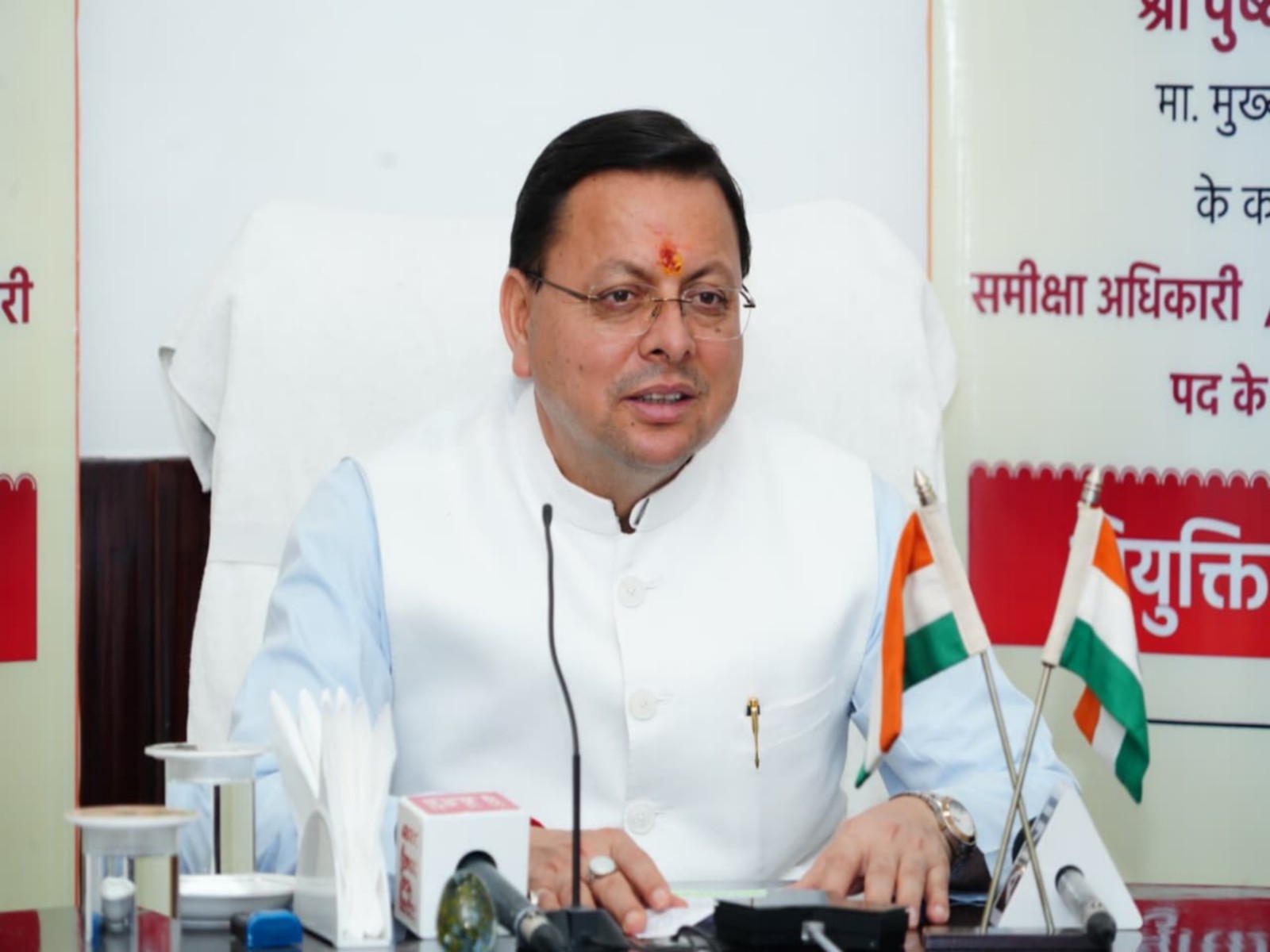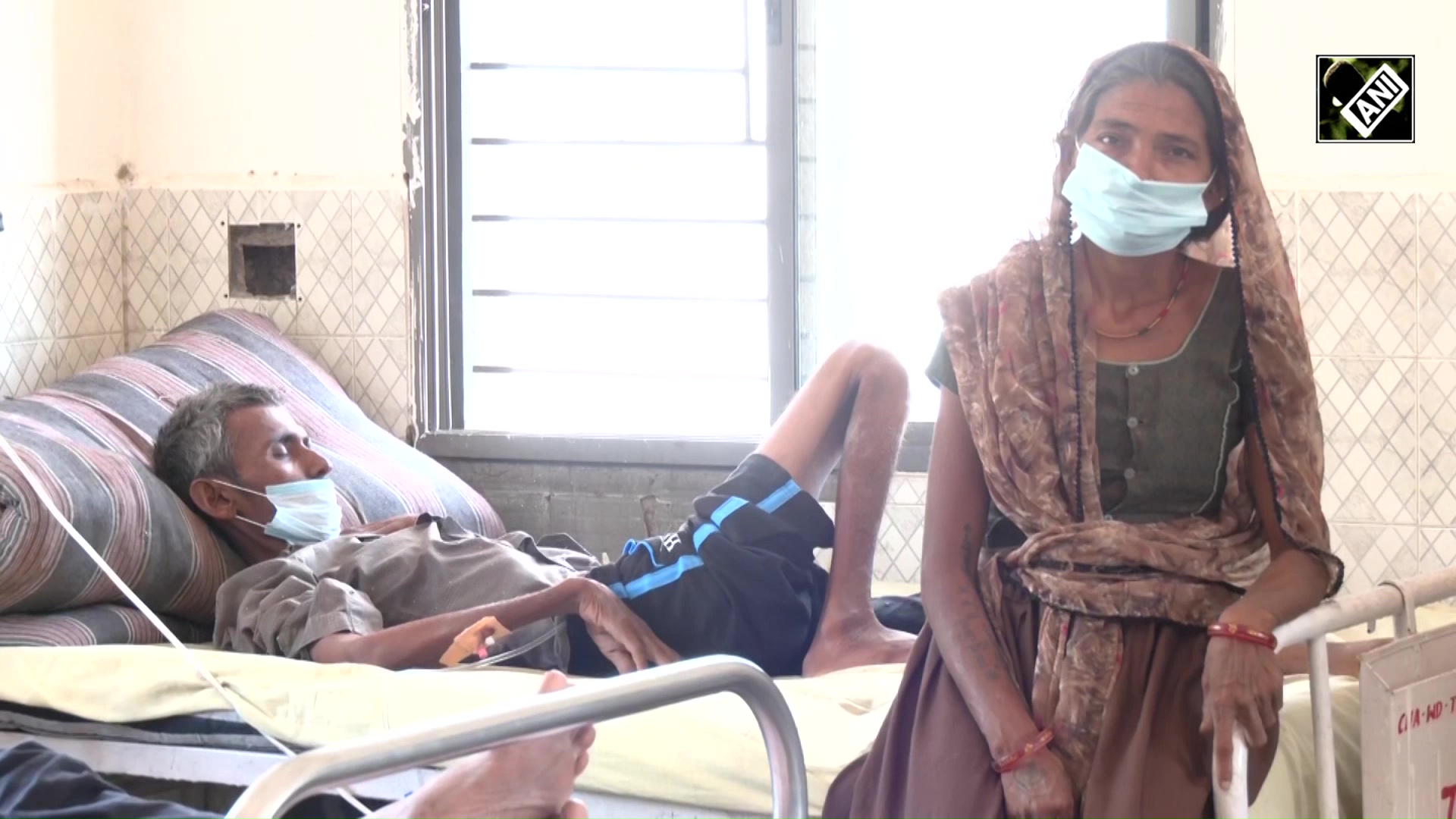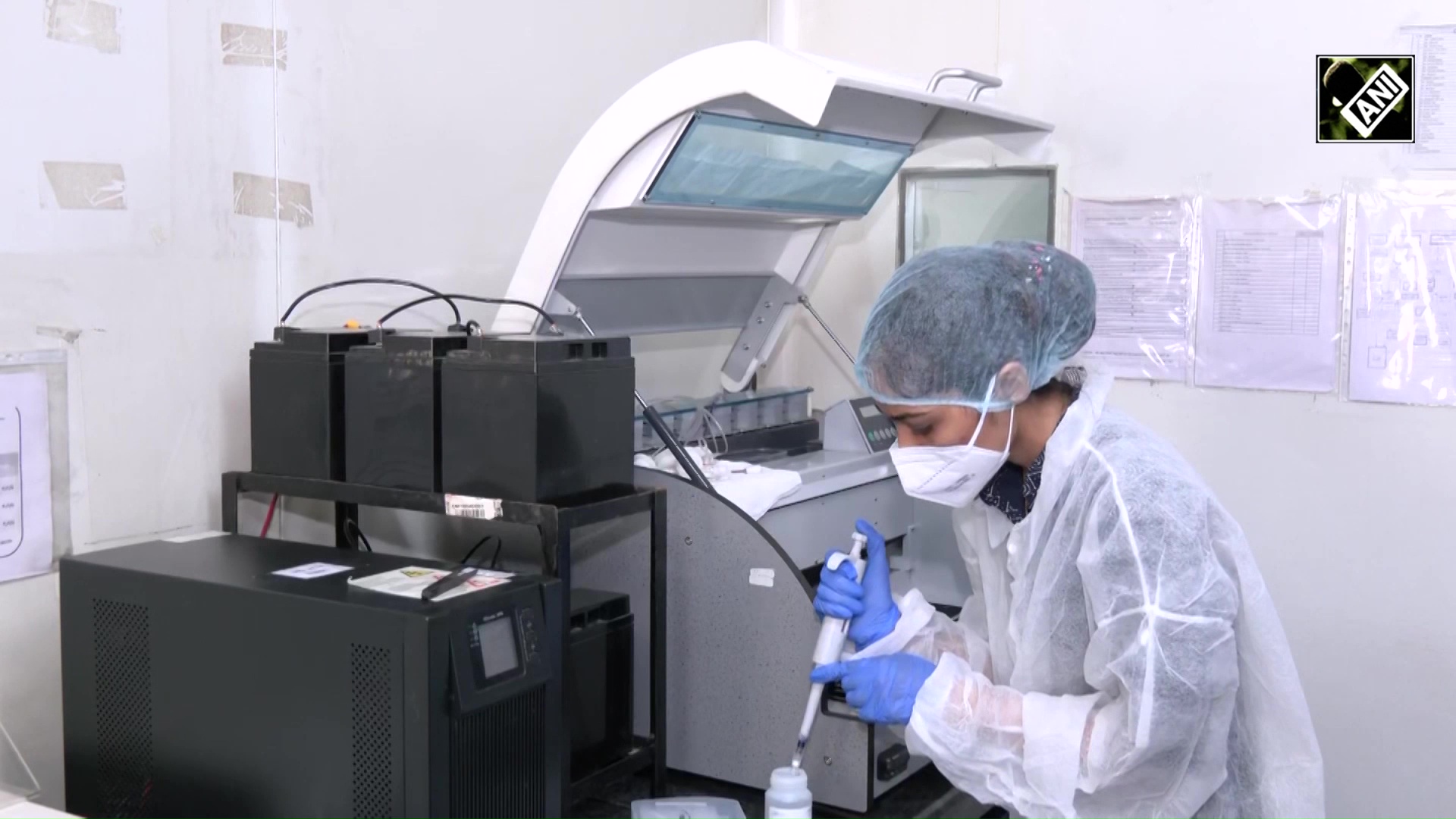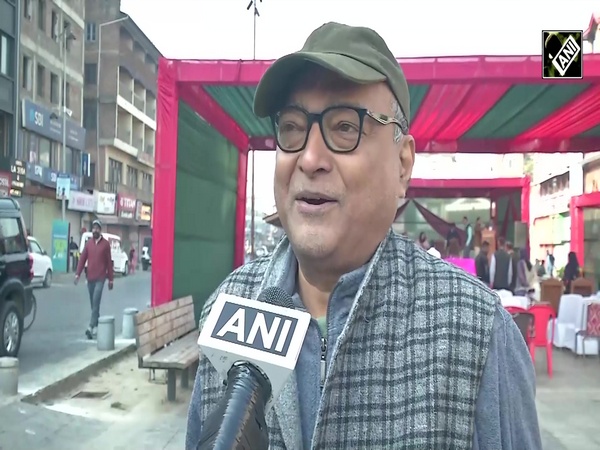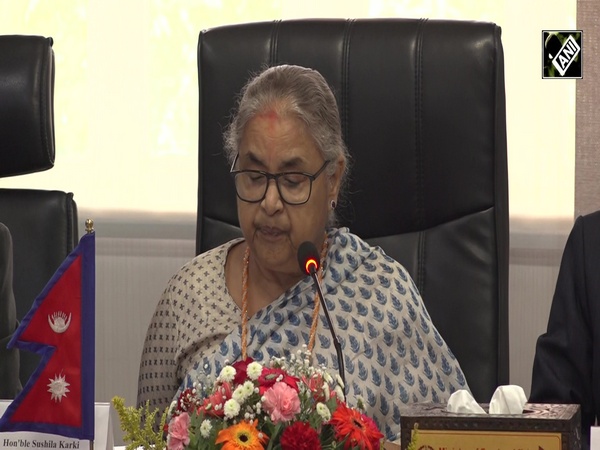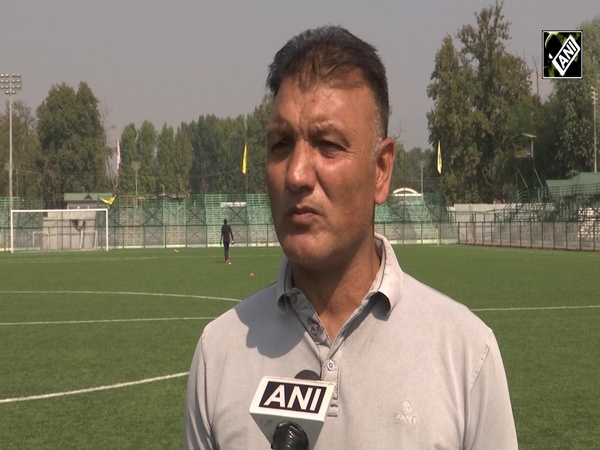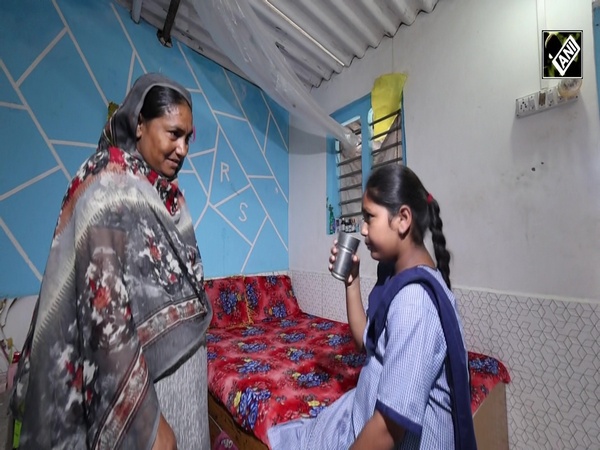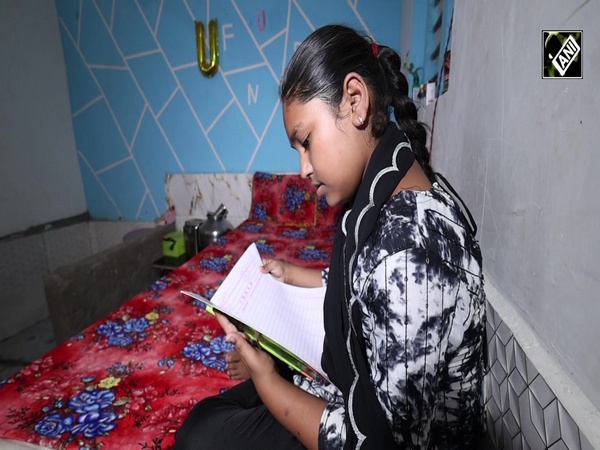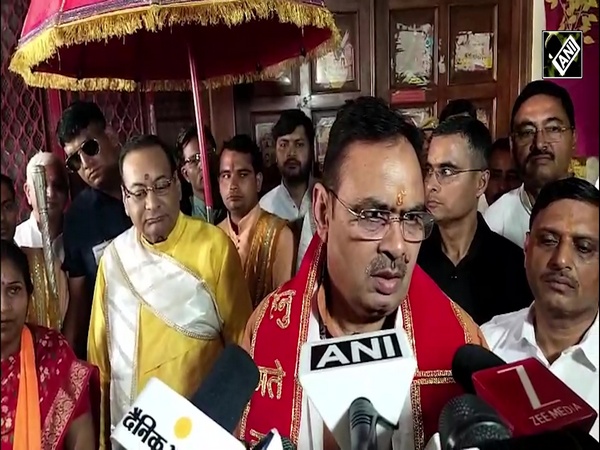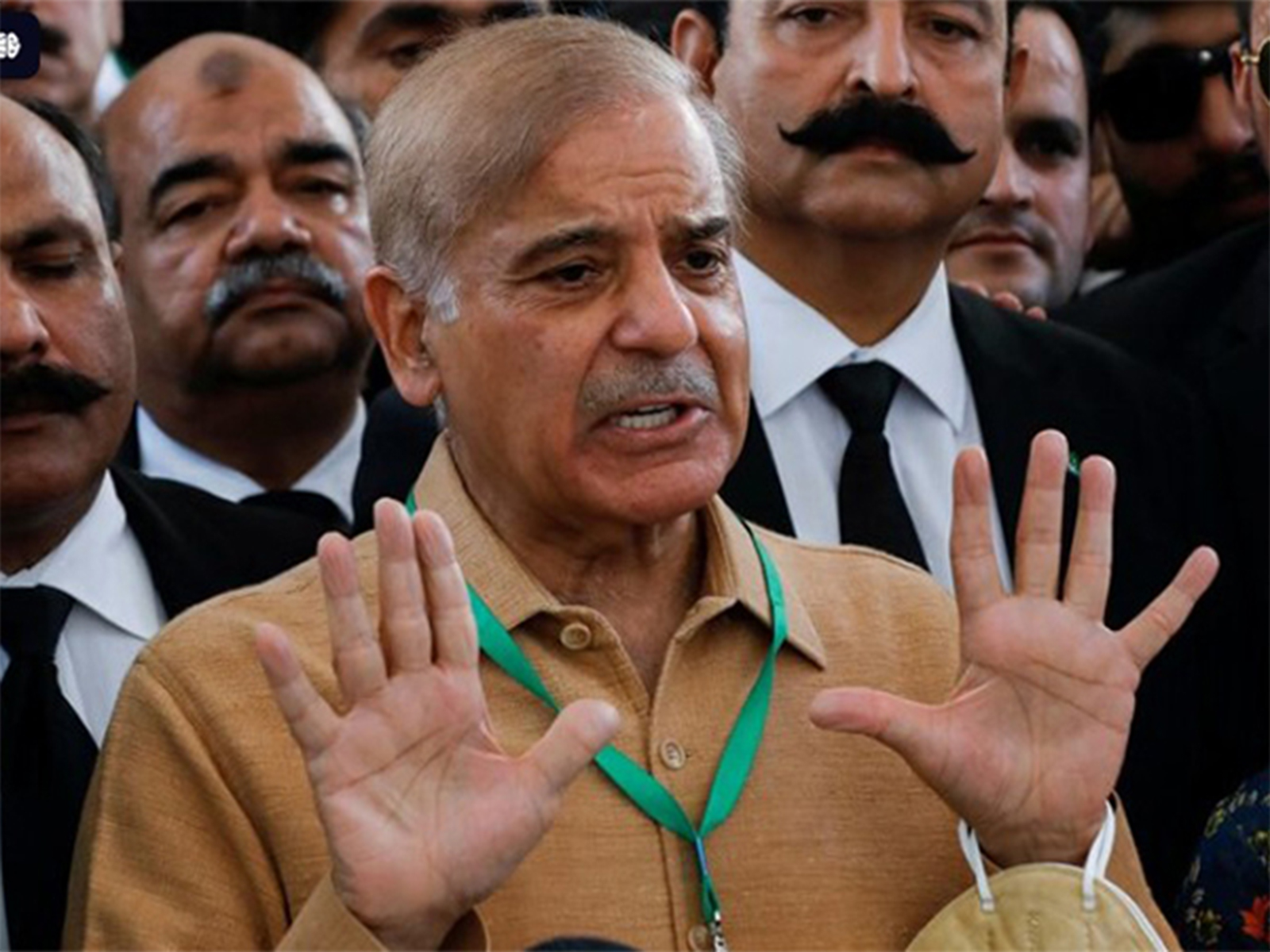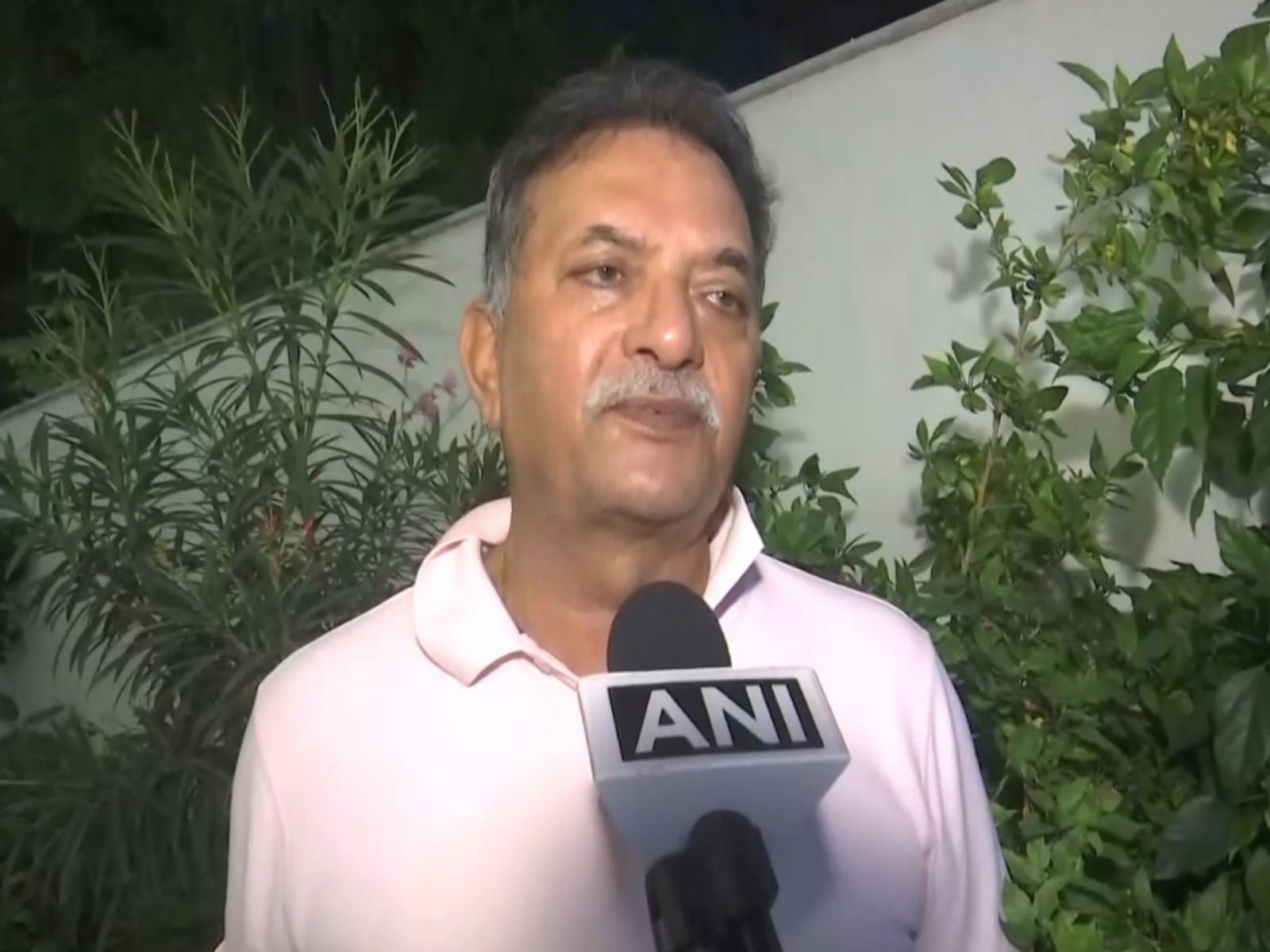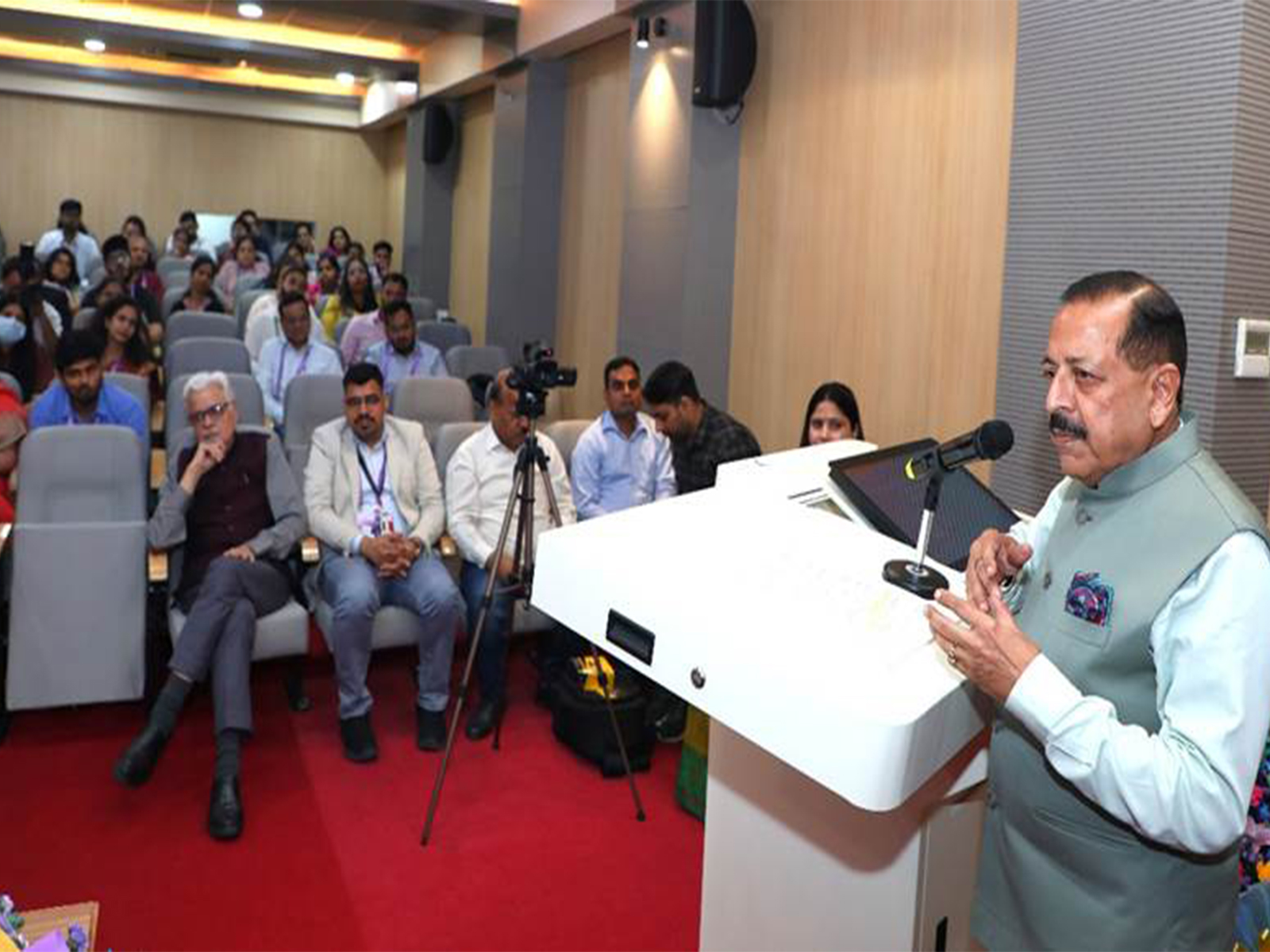
India develops first indigenously discovered antibiotic "Nafithromycin" effective against resistant respiratory infections
Oct 18, 2025
New Delhi [India], October 18 : Union Minister Jitendra Singh on Saturday informed that India has developed its first indigenously discovered antibiotic "Nafithromycin", which is effective against resistant respiratory infections, particularly useful for cancer patients and poorly controlled diabetics.
He said this antibiotic is the first molecule entirely conceptualised, developed and clinically validated in India, representing a significant leap toward self-reliance in the pharmaceutical sector.
According to an official release from the Ministry of Science and Technology, the antibiotic Naphithromycin has been developed by the Government of India's Department of Biotechnology in collaboration with the well-known private pharma house Wockhardt.
Citing this as an example of a successful industry-academia partnership driving India's biopharmaceutical growth, the Union Minister emphasised the need to build a self-sustainable innovation ecosystem, so that India could reduce its dependence on government funding and create a culture of private sector participation and philanthropic support to achieve global recognition in research and innovation.
Inaugurating the 3-day Medical Workshop on "Harnessing Artificial Intelligence for Multi-Omics Data Integration and Analysis", Jitendra Singh said that India must develop a self-sustainable ecosystem to drive its scientific and research growth. He stated that most nations that have achieved global recognition in science and innovation have done so through self-sustaining, innovation-driven models with extensive engagement of the private sector.
Citing another successful story of government-non-government collaboration, the Minister also announced that India has achieved a major breakthrough in gene therapy, marking the first successful indigenous clinical trial for Haemophilia treatment, the trial for which was supported by the Government of India's Department of Biotechnology and done in a non-government sector hospital, Christian Medical College, Vellore.
Singh further mentioned that India has already sequenced over 10,000 human genomes and aims to scale this up to one million. The gene therapy trial, he added, recorded a 60-70% correction rate with zero bleeding episodes, representing a milestone in India's medical research landscape. The findings have been published in the New England Journal of Medicine, underscoring India's growing leadership in advanced biomedical innovation.
Speaking at the occasion, Jitendra Singh said the Anusandhan National Research Foundation (ANRF) is a major step in this direction, with a total outlay of Rs 50,000 crore over five years, of which Rs 36,000 crore will come from non-government sources. This model, he added, reflects a paradigm shift in India's approach to research and development, aligning it with global standards and emphasising greater participation of academia and industry.
Jitendra Singh highlighted that Artificial Intelligence (AI) has become one of the most transformative tools of the modern era, reshaping healthcare accessibility, governance efficiency, and decision-making. He mentioned that AI-based hybrid mobile clinics are already serving rural and remote regions, ensuring quality healthcare for all. He also referred to the AI-driven grievance redressal system developed by the Department of Administrative Reforms and Public Grievances (DARPG), which has achieved a weekly disposal rate of 97-98%, significantly improving citizen satisfaction and service delivery.
The Minister lauded institutions like Sir Ganga Ram Hospital for pioneering interdisciplinary approaches by integrating AI, biotechnology and genomics to improve healthcare outcomes. He urged greater collaboration between government departments, private hospitals, and research institutes to realise the vision of Viksit Bharat @2047.
Jitendra Singh said that India is entering a new era of self-reliance in biotechnology, AI and genomic medicine. The convergence of innovation, collaboration and compassion, he said, will define India's journey toward a developed nation and establish its leadership in the global science and technology landscape.
The event was also attended by Shiv Kumar Kalyanaraman, CEO of Anusandhan National Research Foundation, NK Ganguly, DS Rana, and Ajay Swaroop.
